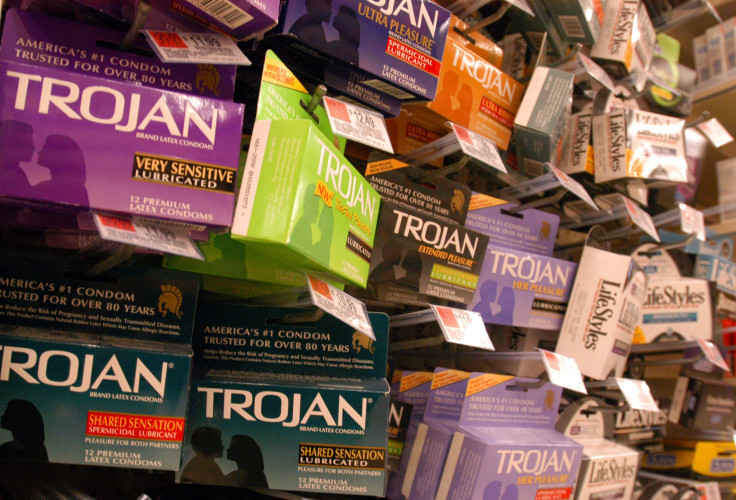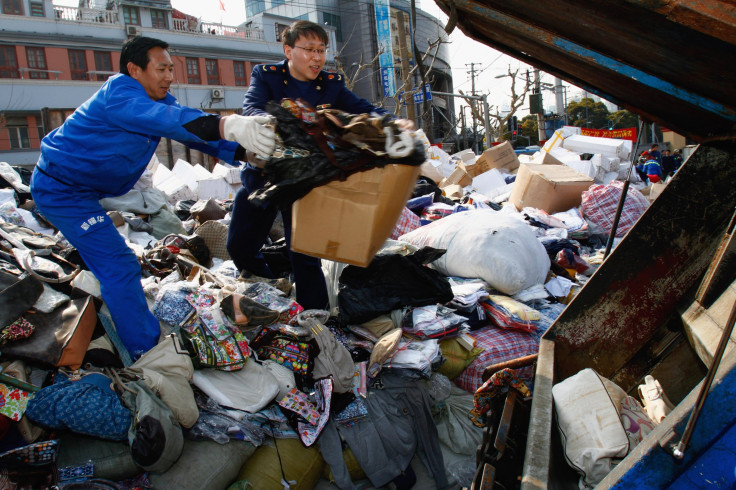Who Makes Fake Products? 40,000 Counterfeit Condoms From China Seized

Special agents seized more than 40,000 counterfeit condoms in San Juan, Puerto Rico, over the course of five days this week, according to a Thursday news release from the U.S. Customs and Border Protection. Officials said the fakes originated in China, where counterfeiting often occurs on a massive scale.
The items were discovered through a joint effort by the agency, the Food and Drug Administration, and Homeland Security's Immigration and Customs Enforcement. The groups launched the San Juan Trade Enforcement Coordination Center in January in an effort to crack down on illegal foreign trade in Puerto Rico.
ICE warned that fake condoms do not adequately protect against pregnancy or sexually transmitted diseases and could lead to health problems from the inclusion of hazardous substances.
Read: Border Patrol Finds Catapult Used To Launch Marijuana Over Mexico Border Into U.S.
“The trafficking of counterfeit goods is simply illegal, and in some cases, as this, it becomes a problem of public health and safety and at times threatens national security,” Ricardo Mayoral, special agent in charge of Homeland Security investigations operations throughout Puerto Rico and the U.S. Virgin Islands, said in a news release Wednesday.

Fake contraceptives out of China have been seized in the past. An international, underground ring of counterfeit condom manufacturers was shut down in China after almost 5 million condoms purporting to be name brands like Durex were found ready for shipment in workshops in central and east China in 2013.
“When we tested those condoms, we found that they are poor quality, can burst in the course of sexual activity and have holes which expose the users to unwanted pregnancy and sexually transmitted disease,” Thomas Amedzra, head of drug enforcement at the Ghanaian Food and Drug Authority, told the Guardian at the time.
Chinese counterfeiting costs foreign entities an estimated $20 billion every year in lost profits, an ABC News investigation revealed in April. Fake items coming out of the country range from shampoos that cause scalp burning to cosmetics laced with cyanide and rat droppings.
“This illegal activity represents a triple threat as it delivers substandard and often dangerous goods into the economy, robs citizens of good-paying jobs and generates proceeds that are often funneled back into other criminal enterprises,” Mayoral said in the release. “[We] will continue to work with its enforcement partners to combat the distribution of counterfeit products, like those seized in San Juan this week, that could put unwitting consumers at risk.”
© Copyright IBTimes 2025. All rights reserved.






















